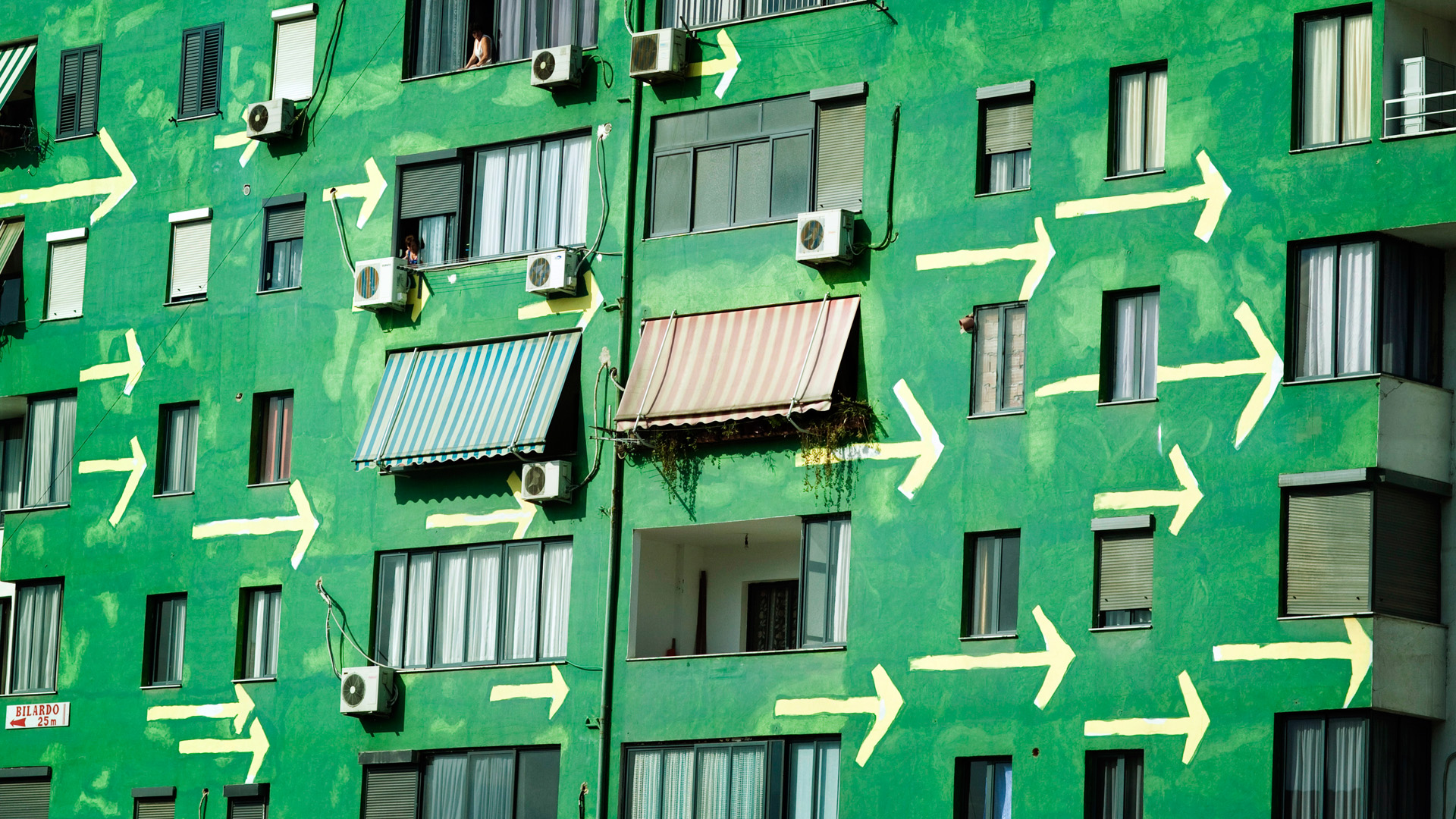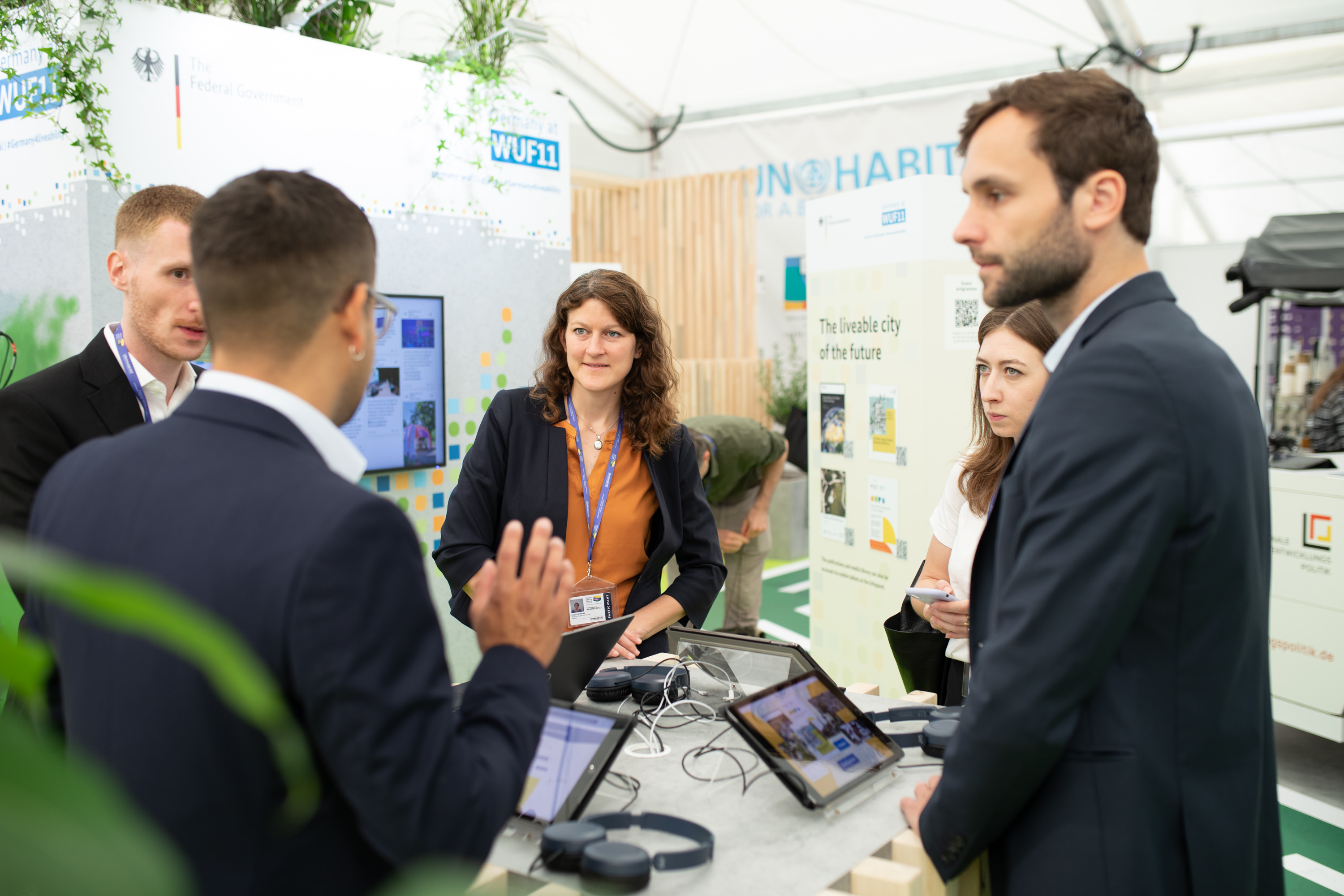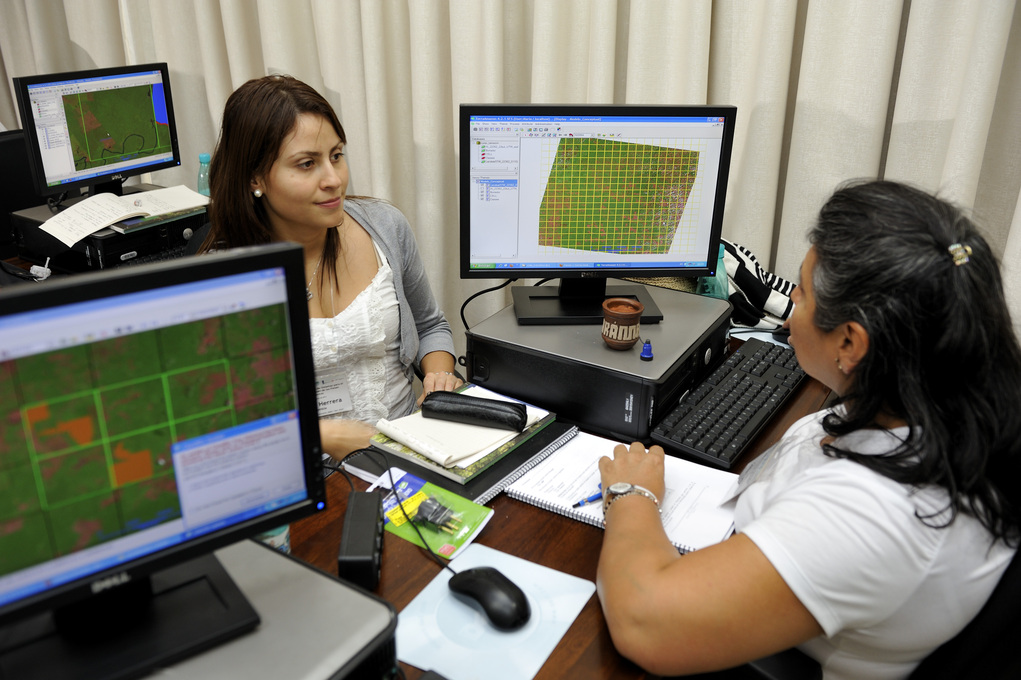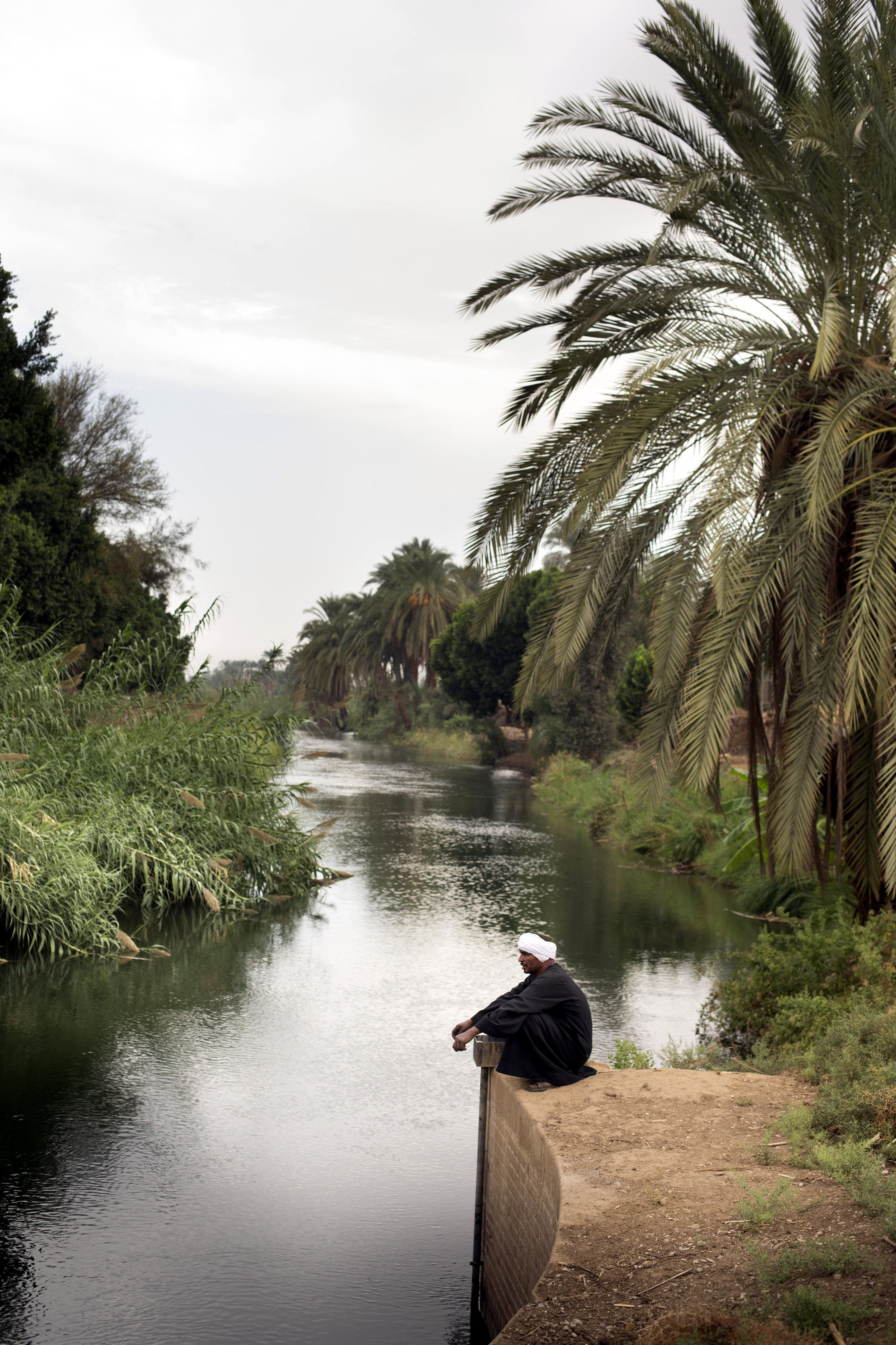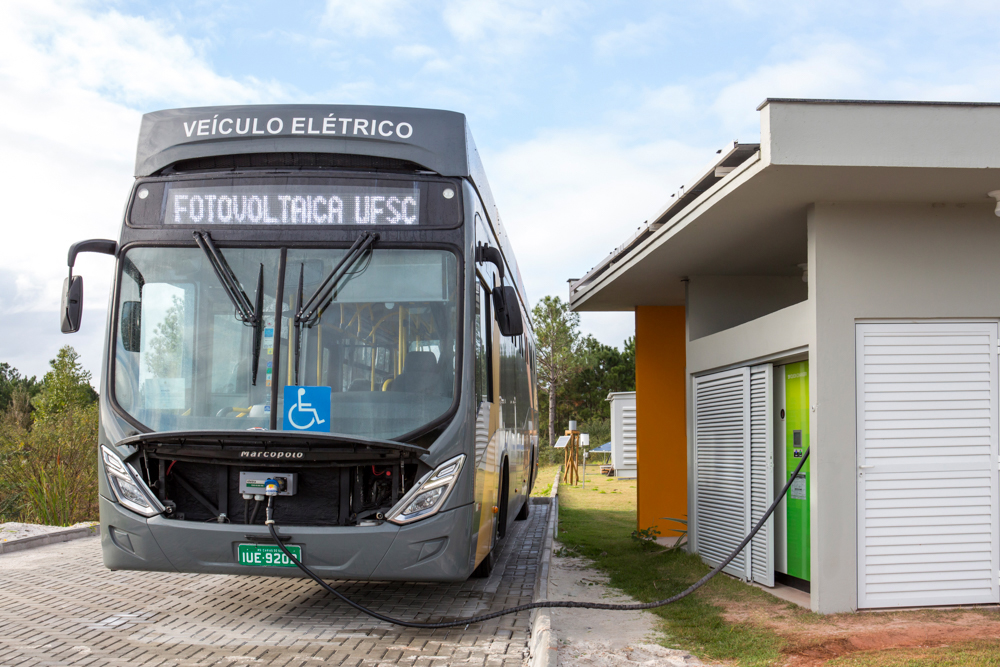Growing urbanisation means that new housing and new infrastructure needs to be built on a large scale. The goals of the Paris Agreement cannot be met if the cities of the future continue to be built mainly from cement, steel and glass. Construction urgently needs to become more environmentally friendly. By modernising older buildings and ensuring that new ones are constructed in a way that conserves resources, by 2050 the energy consumption of buildings could be reduced by half. Nature-based solutions offer sustainable additional options or alternatives to traditional approaches.
Germany promotes the use of local, organic, resource-efficient, low-emission construction materials and the reuse of building materials within circular systems. The aim is to create liveable, affordable, accessible living spaces and upgrade previously underserved areas, with a focus on benefiting poorer and disadvantaged population groups. The goal is also to equip buildings and supply infrastructure to cope better with the impacts of climate change.
Estimates suggest that between 4.5 and 5.4 billion US dollars need to be invested in climate-friendly and sustainable infrastructure each year. In order to continue supporting cities in coping with this massive need for investment, Germany is involved in various international alliances and financing instruments.
Nature-based solutions and green public spaces
Worldwide, more and more people are moving to cities. In cities, just like everywhere, climate change is causing new challenges and exacerbating existing problems. For instance, heavy rainfall events are increasingly causing severe flooding as a result of soil sealing, while rising temperatures in combination with asphalt, concrete, steel and glass are turning cities into urban heat islands.
In order to increase the resilience of cities and their people, nature-based solutions play a key role in sustainable urban development. This includes measures such as semi-natural green and water spaces, urban forests, community gardens and the sponge city concept. Such elements cool the environment, allow water to infiltrate the ground and enhance air quality. Simultaneously, they improve people's quality of life in urban areas, are conducive to health, and provide valuable learning opportunities for education about nature and the environment. In addition, the different kinds of spaces found in cities provide important habitats for a surprisingly broad range of animal and plant species, thus making a significant contribution to biodiversity conservation.
However, in 2024, only 185 of the world's 500 most populous cities had developed a dedicated strategy focused on nature or biodiversity conservation. And even though the advantages of nature-based solutions have been demonstrated, more than 99 per cent of cities' infrastructure spending continued to go into traditionally-engineered grey infrastructure in 2022. The German Development Ministry (BMZ) therefore supports measures to establish public green and water spaces and make them sustainable, participatory and accessible.
As part of the Generation Restoration (External link) project of the United Nations Environment Programme (UNEP), Germany provides support to cities worldwide and fosters networking among them in order to bring nature back for the benefit of the people and turn grey urban areas into green, liveable urban spaces again.
